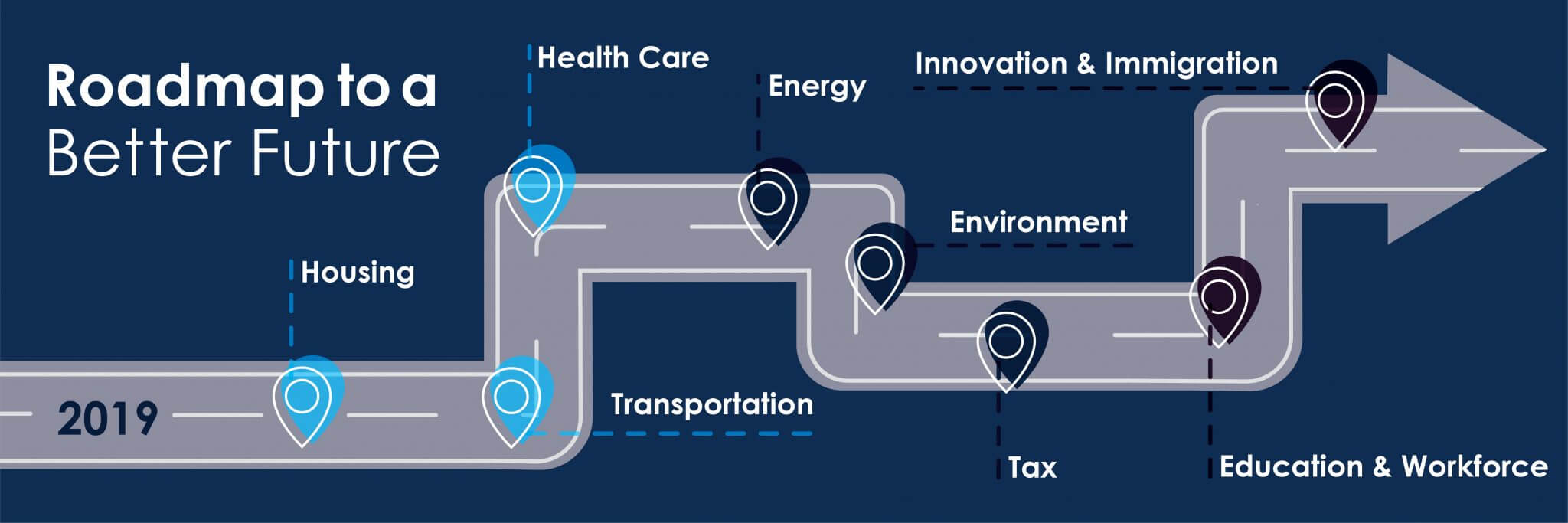The Silicon Valley Leadership Group is interested in tax issues at the state, local, and federal levels. Tax policy is vitally important because it can be a positive force to drive economic growth in California through provisions such as the R&D credit. Tax policy could also hurt the California economy and our Member companies if business taxes are too high or focused on particular activities or industries. Some current proposals and recent legislation would be particularly onerous, so the Leadership Group, on behalf of our Members, will oppose them, or seek their repeal.
At the State level, two bills in the California Senate have gotten the most attention from the Silicon Valley Leadership Group Tax Committee. They are SB 37 (Skinner) with an “Oppose” position and SB 468 (Jackson) with an “Oppose Unless Amended” position.

As originally drafted, SB 468 would have repealed a number of important so-called “tax expenditures,” particularly those that incentivize research and development (“R&D”) in California: the R&D tax credit; the expensing of R&D expenses; and the sales tax exemption for manufacturing and R&D equipment. SB 468 has been amended so that the repeal provision was removed and replaced with the establishment of a Board composed of five California State officials to review, evaluate, and make recommendations to the Legislature about tax expenditures. This bill has passed the Senate and Assembly Revenue and Taxation Committee.
The Leadership Group opposes the “split roll” measure that is already on the November 2020 ballot. The split roll measure would change Proposition 13 property tax rules so that commercial and industrial property would be assessed based on fair market value instead of the purchase price plus inflation factor that has been in place since Prop 13 was passed in 1978.
In addition to California tax legislation, the Leadership Group Tax Committee has been monitoring city tax measures carefully.
The Leadership Group opposed the misnamed San Francisco “IPO” tax measure proposed by Supervisor Gordon Mar that would have increased the San Francisco payroll tax by 1.12% for all stock-based compensation, not just on the amount of IPO compensation. This measure had been planned for the November 2019 ballot, but has been deferred, probably until the November 2020 ballot.
The Leadership Group is also monitoring a possible business tax increase being considered by the Palo Alto City Council. The Council’s Finance Committee has directed City’s staff to prepare possible approaches for imposing a business tax based on payroll, headcount or square footage, or as a parcel tax.
Members of the Cupertino City Council have again begun discussing the possibility of increasing the City’s business taxes.
At the federal level, the main concern of the Leadership Group Tax Committee is the amortization of R&D expenses under the 2017 Tax Cuts and Jobs Act. This provision would require that businesses take R&D expense deductions over five years instead of during the current year, as under federal tax rules since 1954. This rule would go into effect in 2022, so there is still an opportunity to repeal this provision.
Member companies of the Silicon Valley Leadership Group appreciate the need to comply with our tax laws and many times have supported tax increases to achieve specific objectives, such as building affordable housing and improving transportation. Most of our members participate in industries with global competitors. Taxes imposed by cities, counties, and by the State of California must be designed to encourage activities that drive growth and innovation in California, like the R&D credit, but that are not so high that such taxes undercut the abilities of our Members to compete in a global economy. The Leadership Group works hard to help strike this balance.
–Dan Kostenbauder, Vice President of Tax Policy, Silicon Valley Leadership Group | August 15, 2019


